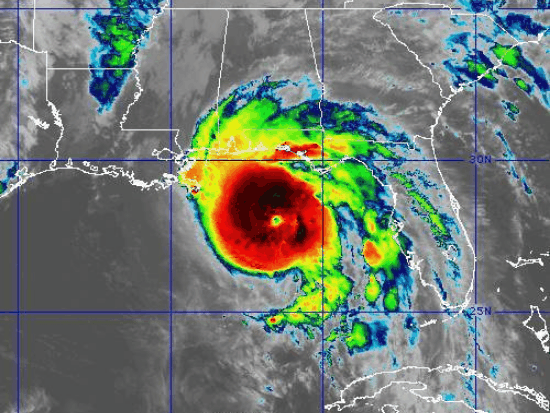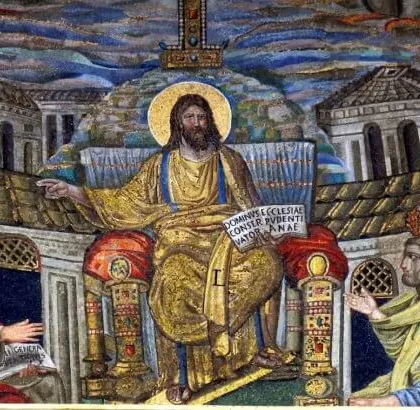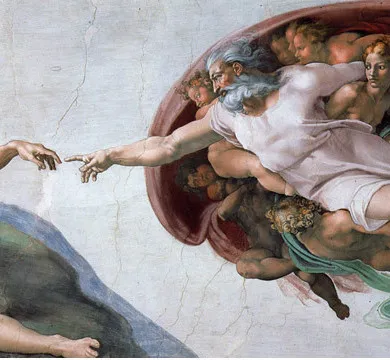The Hurricast, Part 1

The Hurricast, Part 1
Tonight I am going to talk briefly about our personal experience in the aftermath of Hurricane Michael, just to have it on record. Then we will also present an interview with Shaun Winkler, a friend and fellow League of the South member from Mississippi who came to Florida as a volunteer in the hurricane relief effort. Because I have had many inquiries as to my own well-being and also that of Christogenea, my ministry, and how we are fairing after the storm, I will begin with an account from a personal perspective.
Wanting to wisely invest and preserve the money which Clifton Emahiser had left us upon his passing this past July, just about six weeks before the recent hurricane, Melissa and I had bought a house in a sportsman’s mecca an hour’s drive north and west of where we lived near Panama City. We had hoped that it would become a sometimes retreat, a refuge of sorts, as well as a potentially profitable investment property. In that way we would be doing what Clifton wanted, which is for me to be able to perpetuate our ministry, while we would also be preserving the value of the original investment. So we began to decorate the place, spending my weekly day or day-and-a-half off there, but we did not plan to live there full time. Much of my work at Christogenea depends on high speed Internet and a reliable cell phone connection, and the area this house is in has neither of those luxuries. But there are plenty of deer, bear, hyenas, fish, and, reportedly, even alligators.




 Our UPS Store PO Box was destroyed in the storm, as well as our home. So we were compelled to move and now have a new PO Box.
Our UPS Store PO Box was destroyed in the storm, as well as our home. So we were compelled to move and now have a new PO Box. 




 Please click here for our mailing list sign-up page.
Please click here for our mailing list sign-up page.








Recent comments